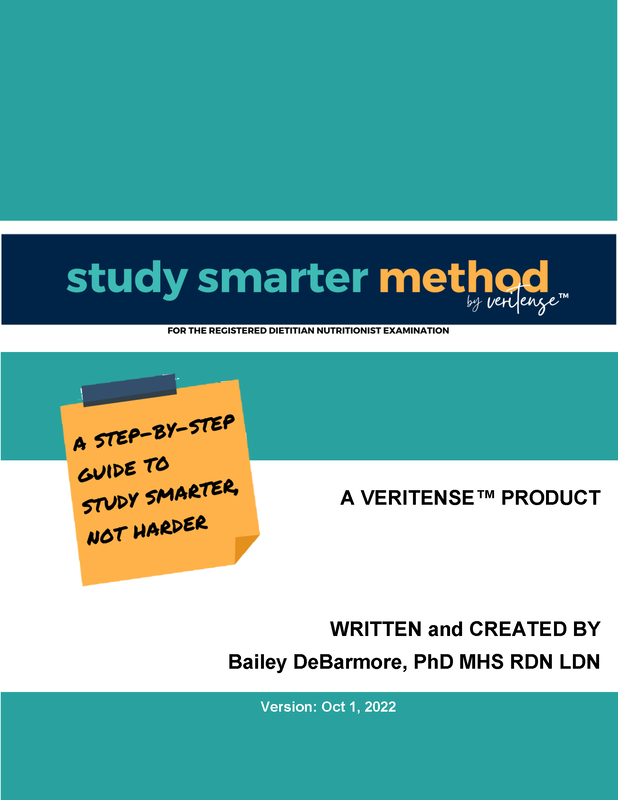|
Whether you're looking to go back to school or acquire new skills for a promotion or job change, there are concrete steps you can take to improve your employability and value. Put aside some time to reflect on what skills you'd like to have, or what degree you'd like to get. Whether you're returning to the traditional work place after the hardest job in the world (hey, stay-at-home-moms!), wanting to make a 180 degree career change, or finally get that bachelor's degree, the first step is to make a plan. Check out the free Career Plan Template to help you set and meet your professional goals (opens in new window). If you're already working, consider sitting down with your boss to find out what opportunities your company has for employees looking for more education. They may match your tuition price for a certain number of credits or pay for professional development or workshops. It never hurts to ask. looking for a career change?While hard skills can be taught to any eager and competent interviewee, coming to the interview with some existing skills will help ease the transition and make you stand out in the resume stack. You can take marketing, counseling, and web design courses online or part-time in a way that works with your schedule. before you've even picked out jobs to apply for. Taking initiative to acquire the skills you need shows potential employers that you're proactive and ambitious. flexible learning
fast track coursesIf you've got the time to dedicate to a fast-track course, you can dedicate a chunk of time to an intensive workshop. These fast-track courses may cost more up front but may reduce overall expenses by letting you return to work (or start full time work) quicker than part-time ongoing education. You may do a fast-track course to gain a professional credential, such as Project Management Professional (PMP), a week-long workshop in your local metro area for advanced skills, or computer support training to add the skills to your resume that you need for a promotion. trade school and associate degreesVocational training allows you flexibility to maintain a job while acquiring the skills you need to get the dream job you want. Persons with trade degrees earn notably more than their high school-only counterparts. Training programs include mechanics, medical technology (cardiovascular technologists, sonographers, respiratory therapists, etc) as well as commercial diving, plumbing, animation, and graphic design.
Trade schools typically offer an associates degree (2-year degree) or a vocational certificate. You can also obtain an Associates degree from a community college in general education topics as a stepping stone to a 4-year university. It all depends on your goals!
0 Comments
Your comment will be posted after it is approved.
Leave a Reply. |
popular postsLike what you read?
categories
All
archives
July 2024
This website uses marketing and tracking technologies. Opting out of this will opt you out of all cookies, except for those needed to run the website. Note that some products may not work as well without tracking cookies. Opt Out of Cookies |










 RSS Feed
RSS Feed